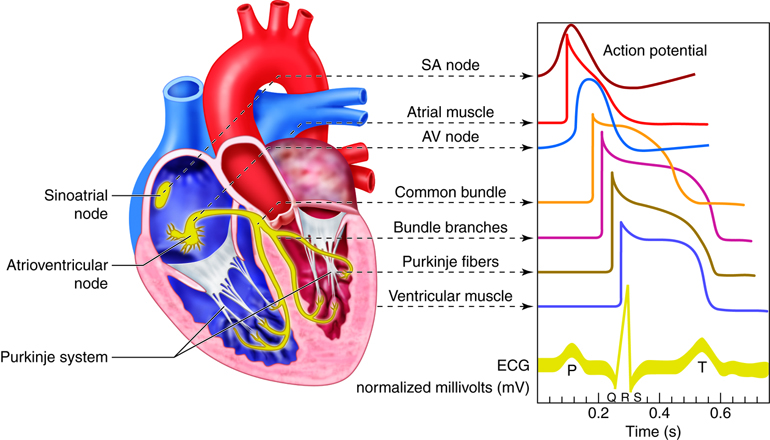Chest pain can be unsettling, especially when its cause is unclear. While many people associate this pain with heart problems, it could result from a variety of underlying conditions. Some may be serious and demand prompt attention, while others could pose lower immediate risks. Understanding the potential causes, identifying signs that need medical evaluation, and exploring available treatment paths can provide a clearer picture of what might be happening if you experience chest discomfort.
What Can Cause Chest Pain?
Chest pain is not a uniform symptom and could arise from numerous causes. Its origin may vary depending on factors such as the type, intensity, and location of the pain. Below are some of the more common causes that might contribute to chest discomfort.
Cardiac-Related Causes
Pain tied to the heart is often a significant concern. It might stem from conditions such as angina pectoris, which occurs when the heart muscle does not receive enough oxygenated blood. Other cardiac causes may include pericarditis (inflammation of the lining around the heart) or myocardial infarction (commonly known as a heart attack). Pain of cardiac origin often presents as a squeezing, pressure-like sensation in the center or left side of the chest.
Gastrointestinal Causes
Chest pain doesn’t always originate in the heart. Conditions affecting the digestive system can also lead to symptoms. Gastroesophageal reflux disease (GERD), which causes stomach acid to move up into the esophagus, could create a burning sensation in the chest, often referred to as heartburn.
When Should Pain Be Treated?
While chest pain can have a variety of causes, determining when it requires professional treatment might depend on symptoms, coexisting conditions, and ongoing risk factors. Careful attention to onset patterns, severity, and associated signs like shortness of breath or fainting can guide decision-making. It might be necessary to seek medical attention in the following scenarios:
- Sudden Onset: Pain that begins unexpectedly and is severe or unexplained warrants prompt evaluation.
- Radiating Symptoms: Discomfort extending to the arms, back, neck, or jaw could suggest a heart-related cause and may need immediate investigation.
- Accompanying Symptoms: Additional factors, such as nausea or dizziness, might indicate a more pressing concern.
- Recurrent Pain: Persistent or frequently occurring pain that disrupts daily activities should be evaluated further to determine its source.
Regardless of the suspected cause, medical professionals can provide insight and perform tests to rule out more serious conditions.
How Can This Pain Be Treated?
Managing chest pain requires identifying and addressing its underlying cause. Various treatment approaches may be explored based on the condition triggering the discomfort. Here are some examples of potential strategies.
Medications
Medications are often used to treat conditions underlying chest pain. For those with heart-related causes, doctors might recommend aspirin, blood thinners, or supplements to improve blood flow and reduce strain on the heart. Gastrointestinal issues may respond well to antacids or other medications designed to reduce acid production.
Interventional Procedures
When medications and lifestyle changes are insufficient, medical or surgical interventions may become necessary. Angioplasty or stent placement might restore blood flow in cases of severe arterial blockages. Treatment plans are carefully tailored to each individual’s needs following a thorough evaluation.
Speaking to a Cardiologist About Treatment
Chest pain often evokes concern due to its association with heart-related conditions, but its causes are varied and diverse. While some cases may resolve on their own, others may signify health issues that require evaluation and management. Anyone experiencing recurring or unexplained chest discomfort could benefit from consulting a healthcare professional, such as a cardiologist, who can guide diagnostic processes and recommend appropriate treatment options.

Leave a Reply